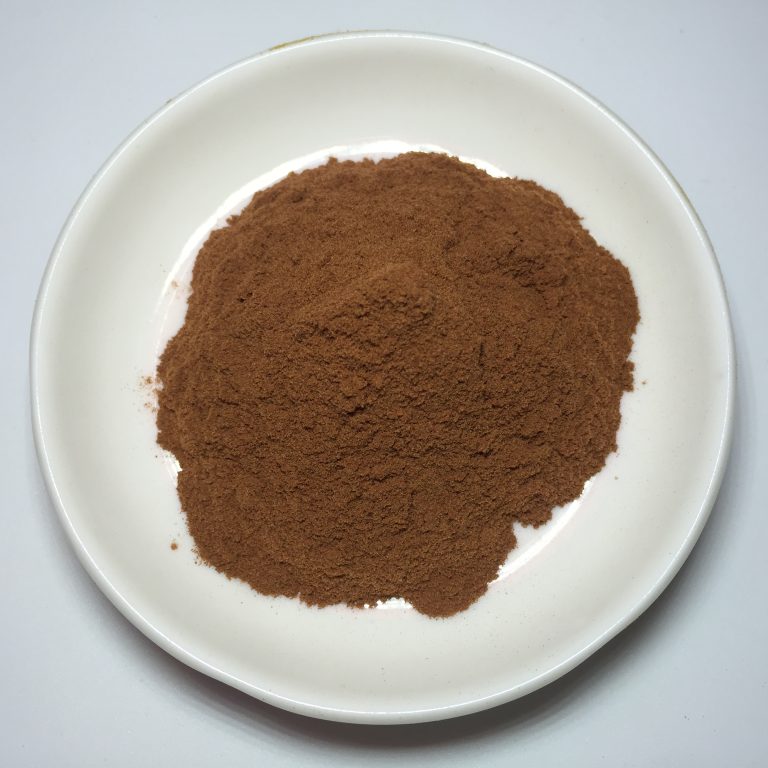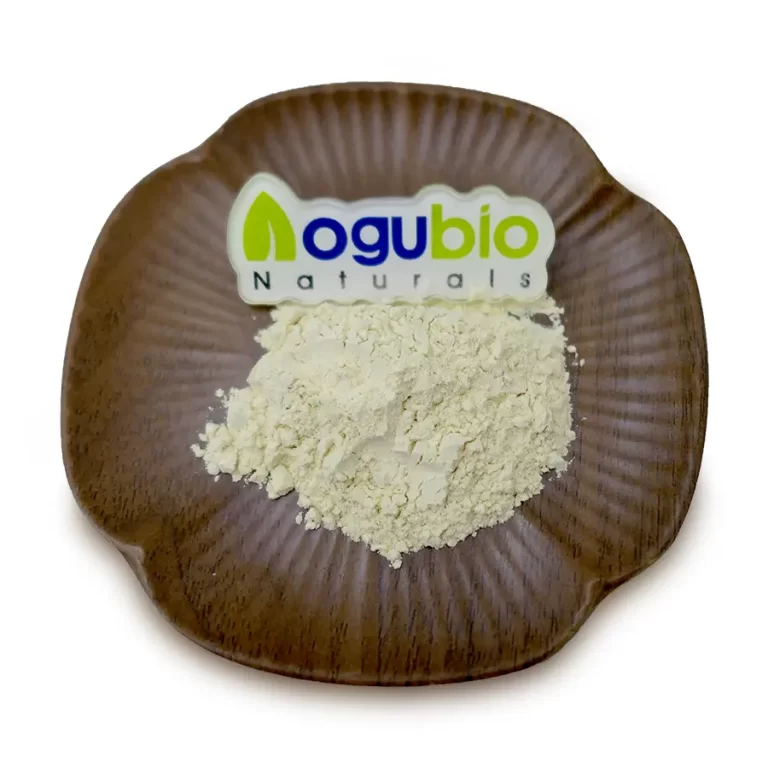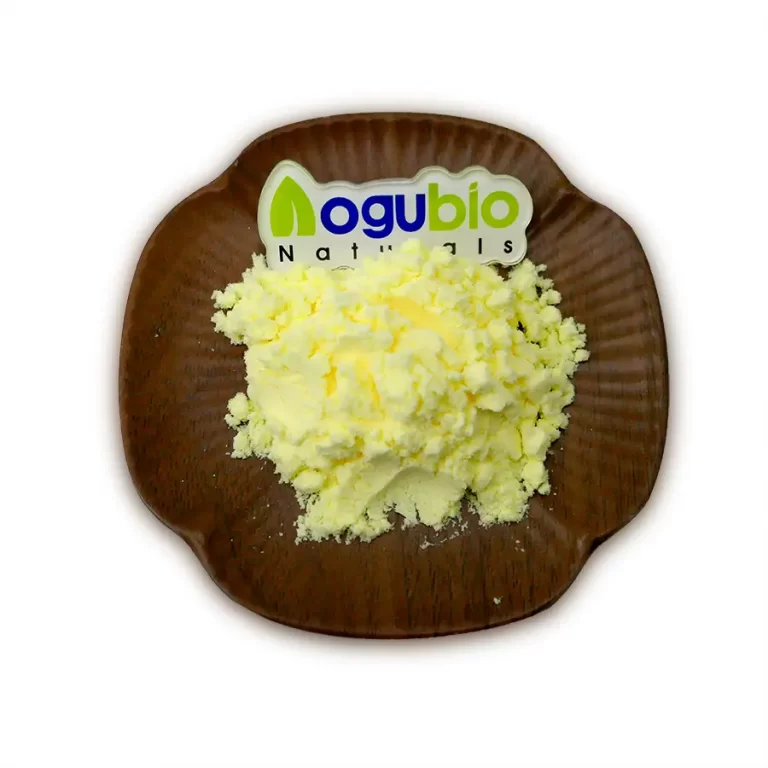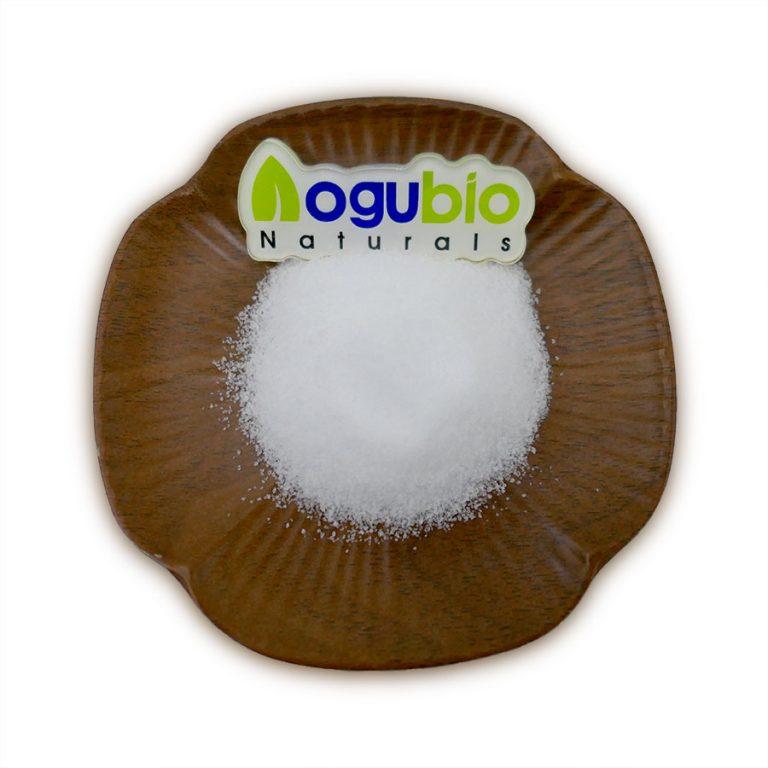An Unusual Food With Health Benefits-Sea Cucumber Extract
2018-12-28
An Unusual Food With Health Benefits-Sea Cucumber Extract
Sea cucumbers are a type of marine animal. Most commonly found in the Indian and western Pacific Oceans, they’re consumed as a food in some parts of Asia and used for medicinal purposes in traditional Chinese medicine (a form of alternative medicine that originated in China). Dietary supplements containing ground and dried sea cucumber are said to offer a range of health benefits, including arthritis relief.
Sea cucumber contains several substances thought to influence health, including antioxidants, triterpenoids (a class of compounds found to slow cancer growth in preliminary studies), and chondroitin sulfate (a substance found naturally in human cartilage and sometimes taken in dietary supplement form to treat arthritis).
While you may not be familiar with sea cucumbers, they’re considered a delicacy in many Asian cultures.
Not to be confused with vegetables, sea cucumbers are marine animals.
They live on sea floors throughout the world, but the greatest population is found in the Pacific Ocean.
Most sea cucumbers resemble large worms or caterpillars and have soft, tubular bodies.
They are gathered by divers or farmed commercially in large, artificial ponds.
In addition to their culinary appeal, sea cucumbers are used in traditional folk medicine to treat a wide variety of ailments.
This article looks into the nutritional benefits of sea cucumbers and whether they are worth adding to your diet.

How Are Used?
Sea cucumbers have been used as a food source and medicinal ingredient in Asian and Middle Eastern countries for centuries.
In fact, they have been fished from the Pacific Ocean for over 170 years .
These slug-like animals are used either fresh or dried in various dishes, though the dried form is by far the most commonly used.
Dried sea cucumber, known as beche-de-mer or trepang, is rehydrated and added to recipes likes soups, stews and stir-fries.
Sea cucumbers can also be eaten raw, pickled or fried.
They have a slippery texture and bland taste, so they’re usually infused with flavor from other ingredients like meats, other seafood or spices.
They are often combined with produce like Chinese cabbage, winter melon and shiitake mushrooms.
Sea cucumber is also used in Traditional Chinese medicine, where it’s believed to have healing properties and used to treat ailments like arthritis, cancer, frequent urination and impotence .
Creams, tinctures, oils and cosmetics infused with sea cucumber extract, as well as oral sea cucumber supplements, are also popular in Traditional Chinese medicine.
Health Benefits of Sea cucumbers
Sea cucumbers have been linked to a number of potential health benefits.
Cancer-Fighting Properties
Sea cucumbers contain substances called cytotoxins, which have been shown to fight cancer cells.
For example, one test-tube study showed that triterpene diglycosides found in Vietnamese sea cucumbers had a toxic effect on five types of cancer cells, including breast cancer, prostate and skin cancer cells .
Another study found that Ds-echinoside, a type of triterpene derived from sea cucumbers, reduced the spread and growth of human liver cancer cells .
While these results are promising, more research is needed to determine the efficacy and safety of using sea cucumber to fight cancer cells.

Antimicrobial Properties
A number of test-tube studies have demonstrated that sea cucumber extract inhibits the growth of bacteria, including E. coli, S. aureus and S. typhi, all of which can cause illnesses .
Another study showed sea cucumbers may fight Candida albicans, an opportunistic yeast that can cause infections, if levels get out of control, especially in the immunocompromised .
In a one-week study in 17 elderly nursing home patients with oral Candida overgrowth, those who consumed a jelly containing sea cucumber extract showed a reduction in Candida overgrowth, compared to those who did not consume the jelly.
Additionally, one study in rats showed that sea cucumber fought sepsis, a life-threatening complication associated with harmful bacteria.
Heart and Liver Health
Several animal studies have demonstrated that sea cucumber may improve heart and liver health.
For example, rats with high blood pressure that were fed sea cucumber extract showed significant reductions in blood pressure, compared to rats who were not fed the extract .
Another study in young rats demonstrated that a sea cucumber-rich diet significantly reduced total cholesterol, low-density lipoproteins and triglycerides.
Furthermore, a study in rats with hepatorenal disease found that a single dose of sea cucumber extract significantly reduced oxidative stress and liver damage, as well as improved liver and kidney function .

Nutrition Facts of Sea cucumbers
| Calories: | 60 |
| Protein: | 14 grams |
| Fat: | less than one gram |
| Vitamin A: | 8% of the RDI |
| B2 (Riboflavin): | 60% of the RDI |
| B3 (Niacin): | 16% of the RDI |
| Calcium: | 4% of the RDI |
| Magnesium: | 4% of the RDI |







 Imaherb China manufacturer supply Apple Extract Powder
Imaherb China manufacturer supply Apple Extract Powder Imaherb China manufacturer supply Apigenin Powder 98%
Imaherb China manufacturer supply Apigenin Powder 98% Imaherb Factory supply Alpha Lipoic Acid Powder CAS 1077-28-7
Imaherb Factory supply Alpha Lipoic Acid Powder CAS 1077-28-7 Imaherb Factory supply Alpha GPC Powder CAS 28319-77-9
Imaherb Factory supply Alpha GPC Powder CAS 28319-77-9 Imaherb Factory supply Alliin Powder 98% CAS 556-27-4
Imaherb Factory supply Alliin Powder 98% CAS 556-27-4 skype
skype Sales Manager
Sales Manager Rebekah
Rebekah Rachel
Rachel Miranda
Miranda Camilla
Camilla
 Sales Manager
Sales Manager